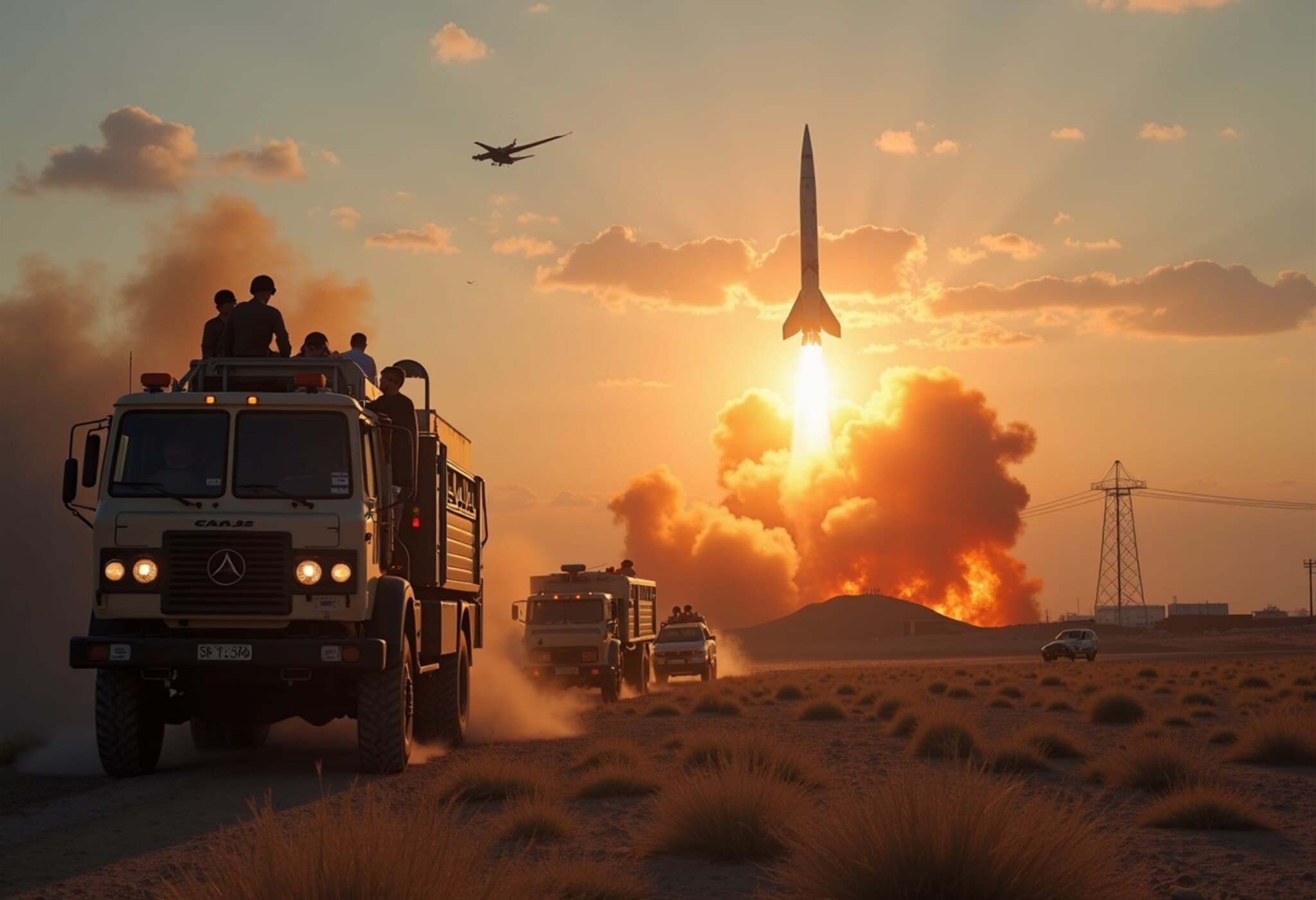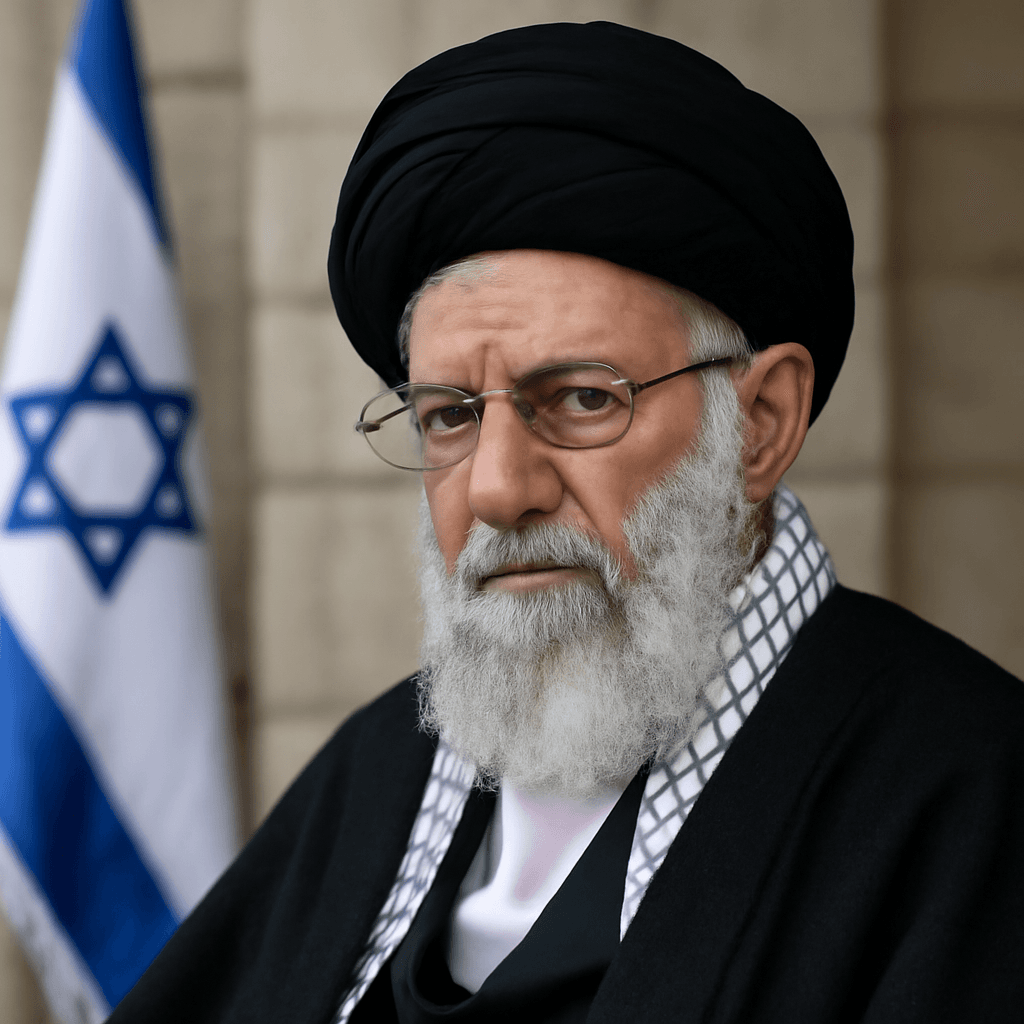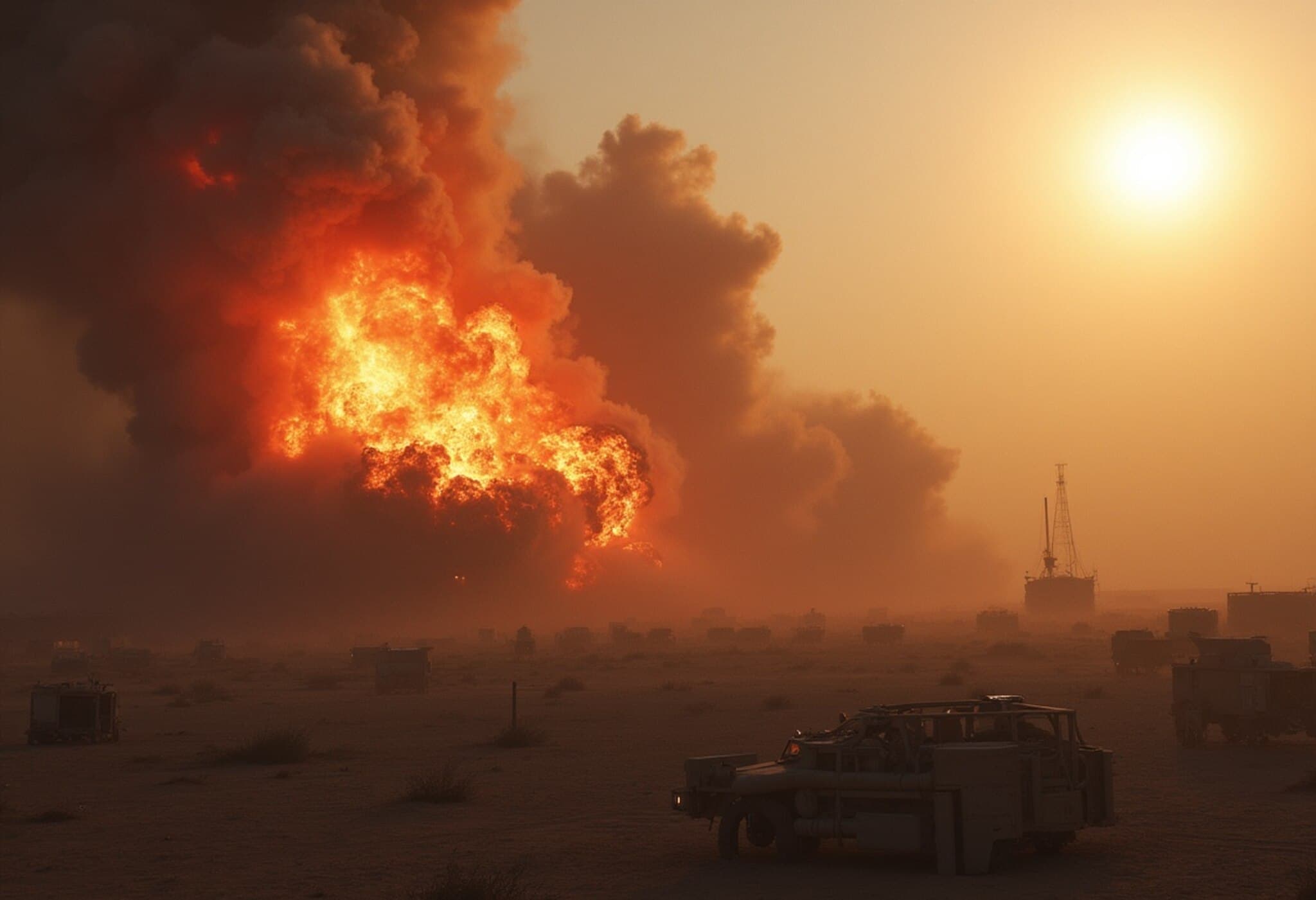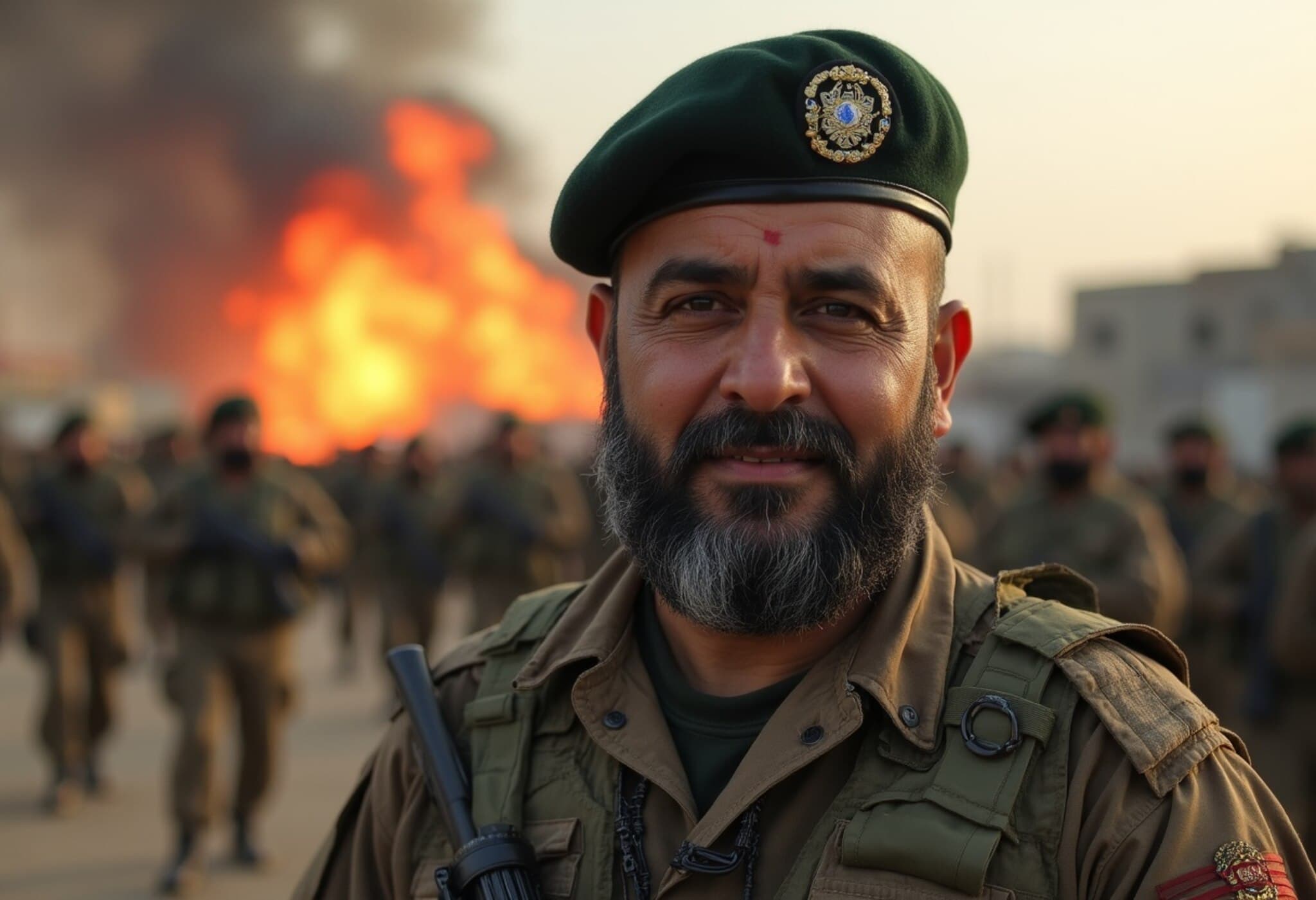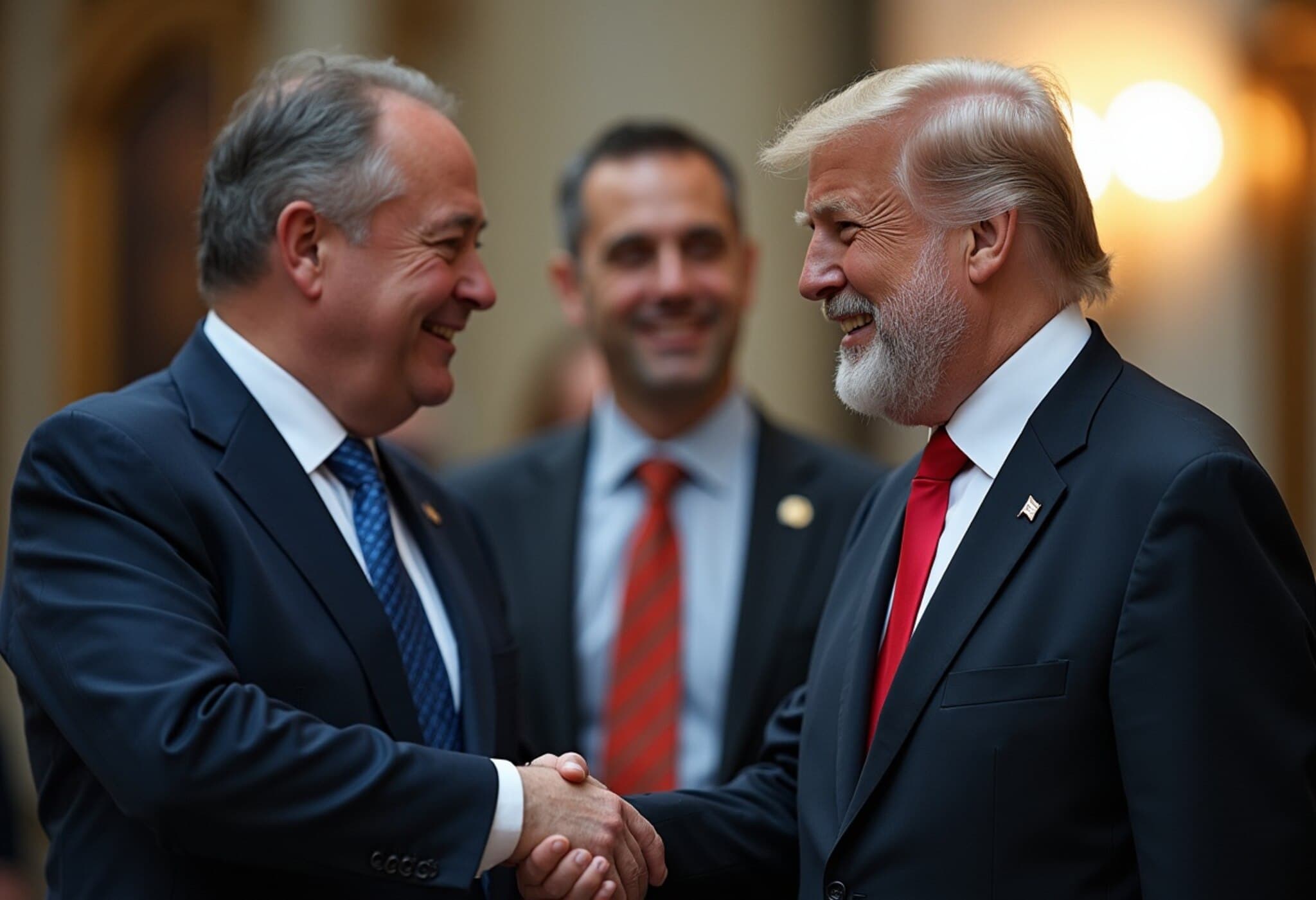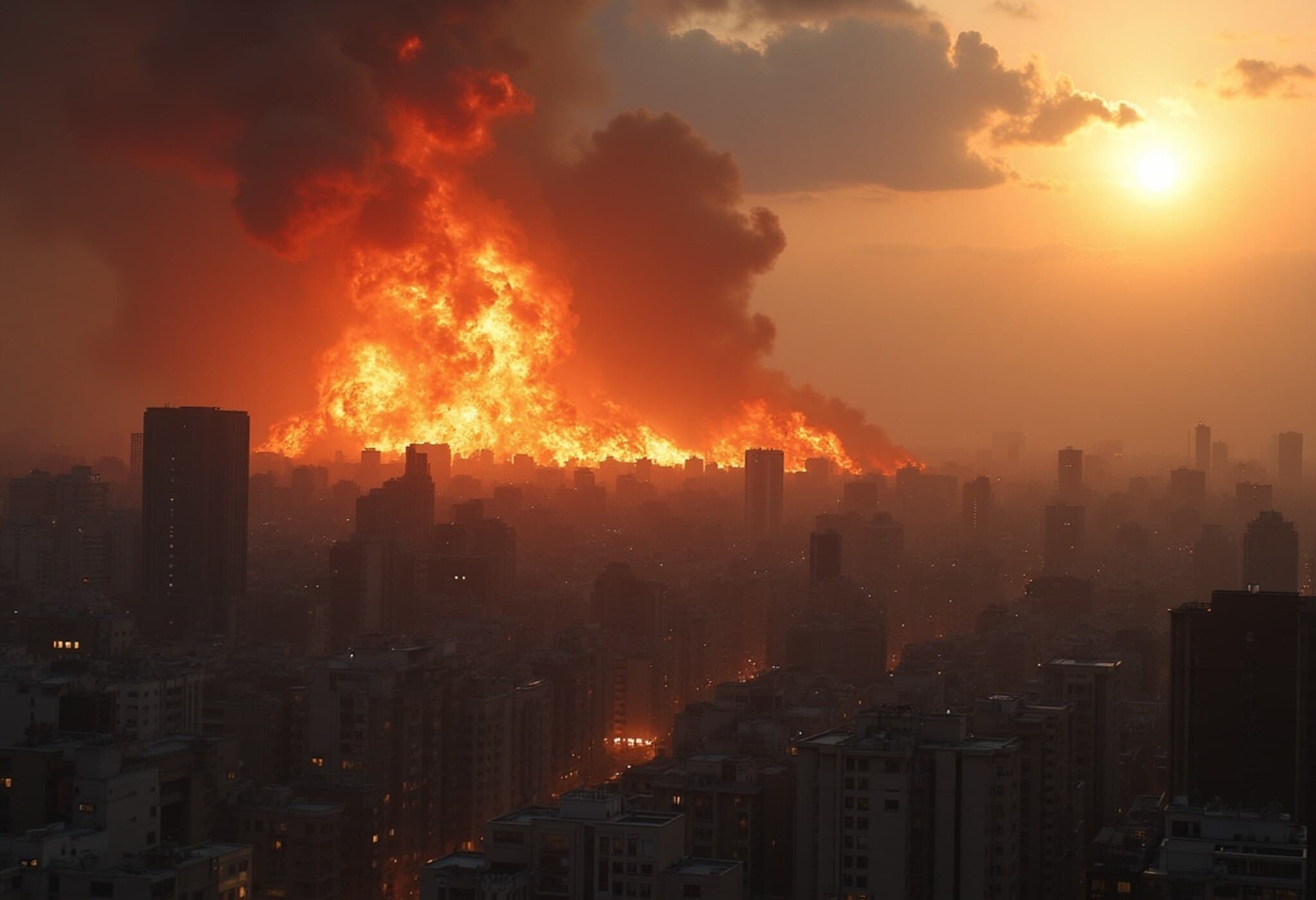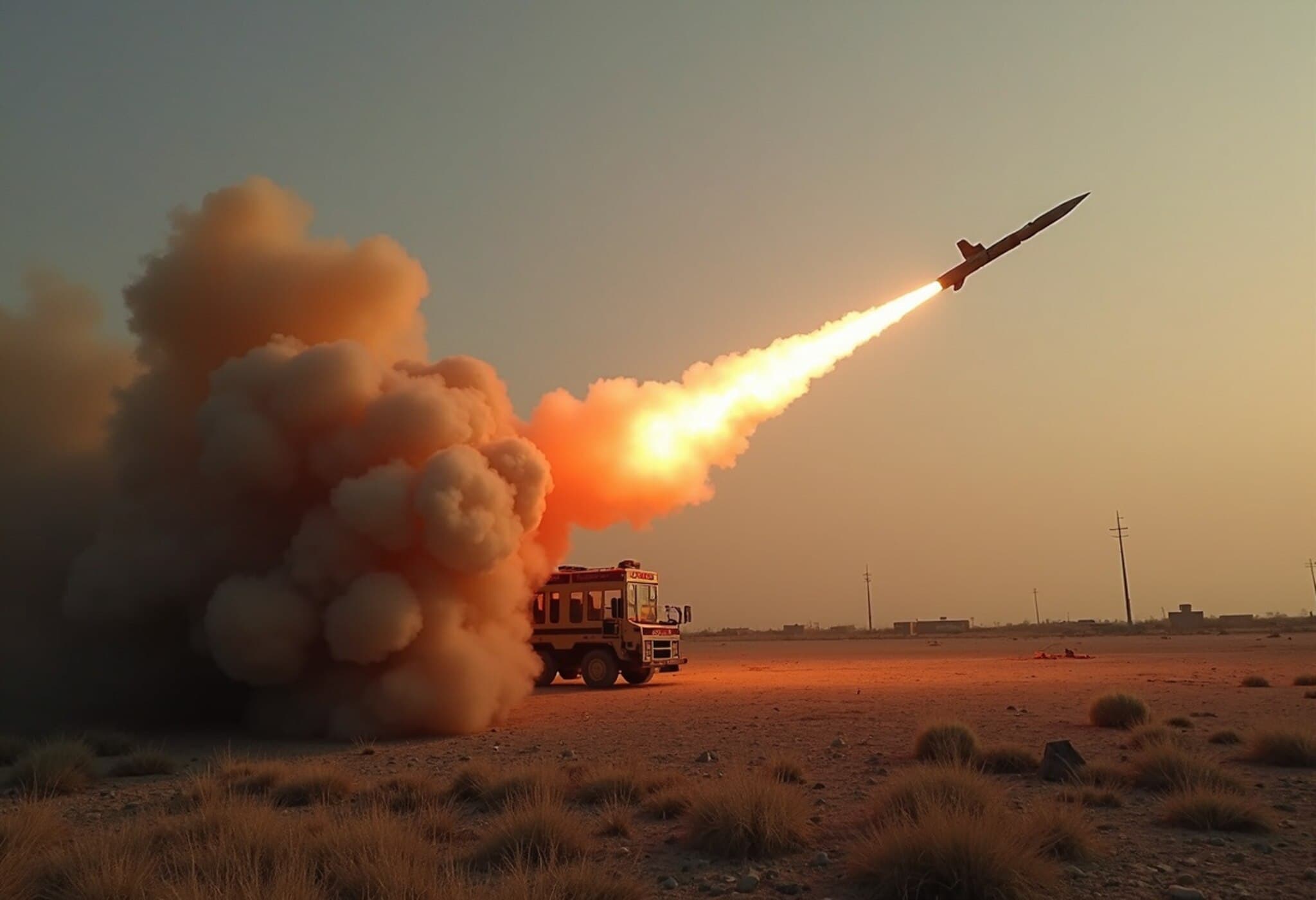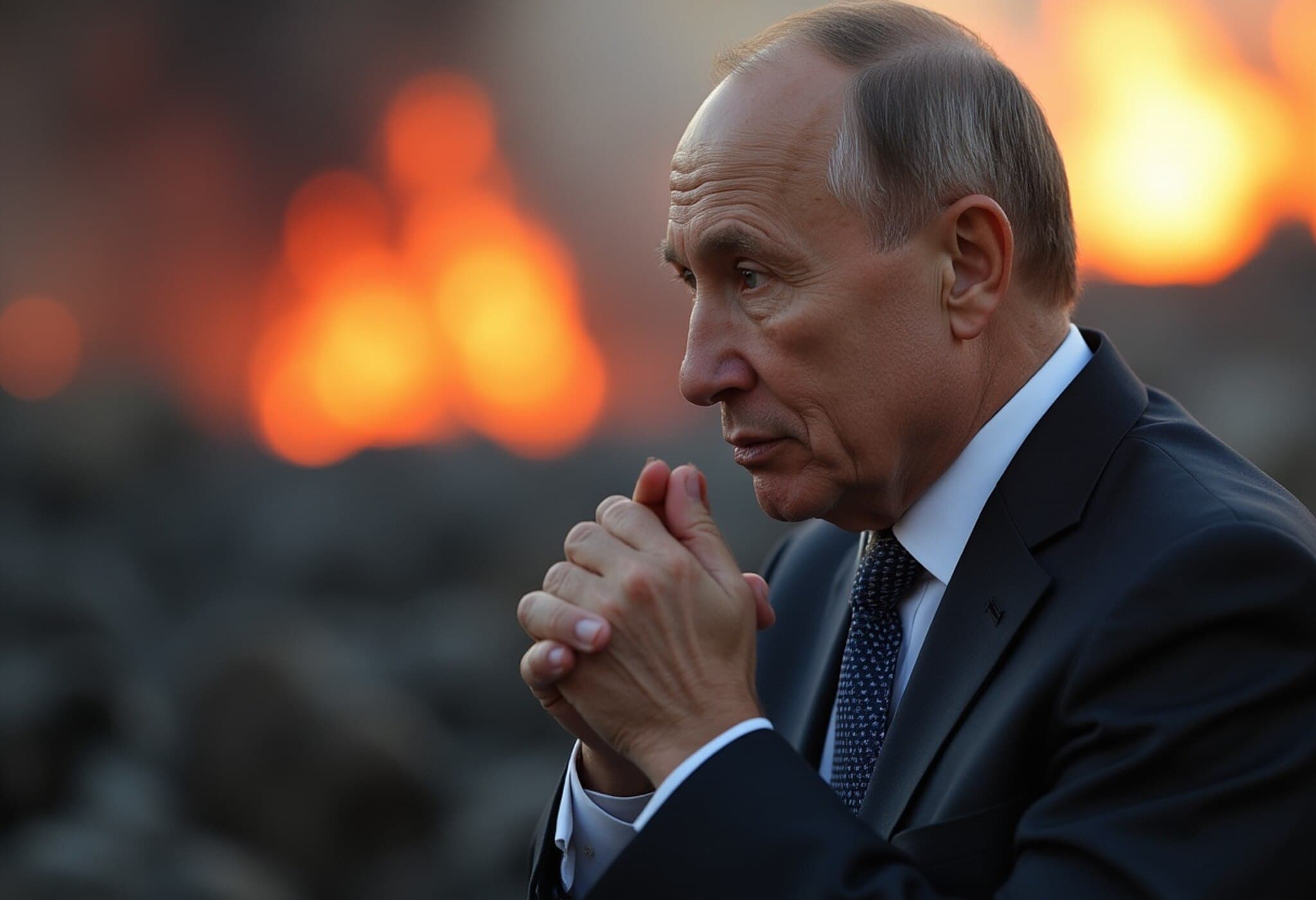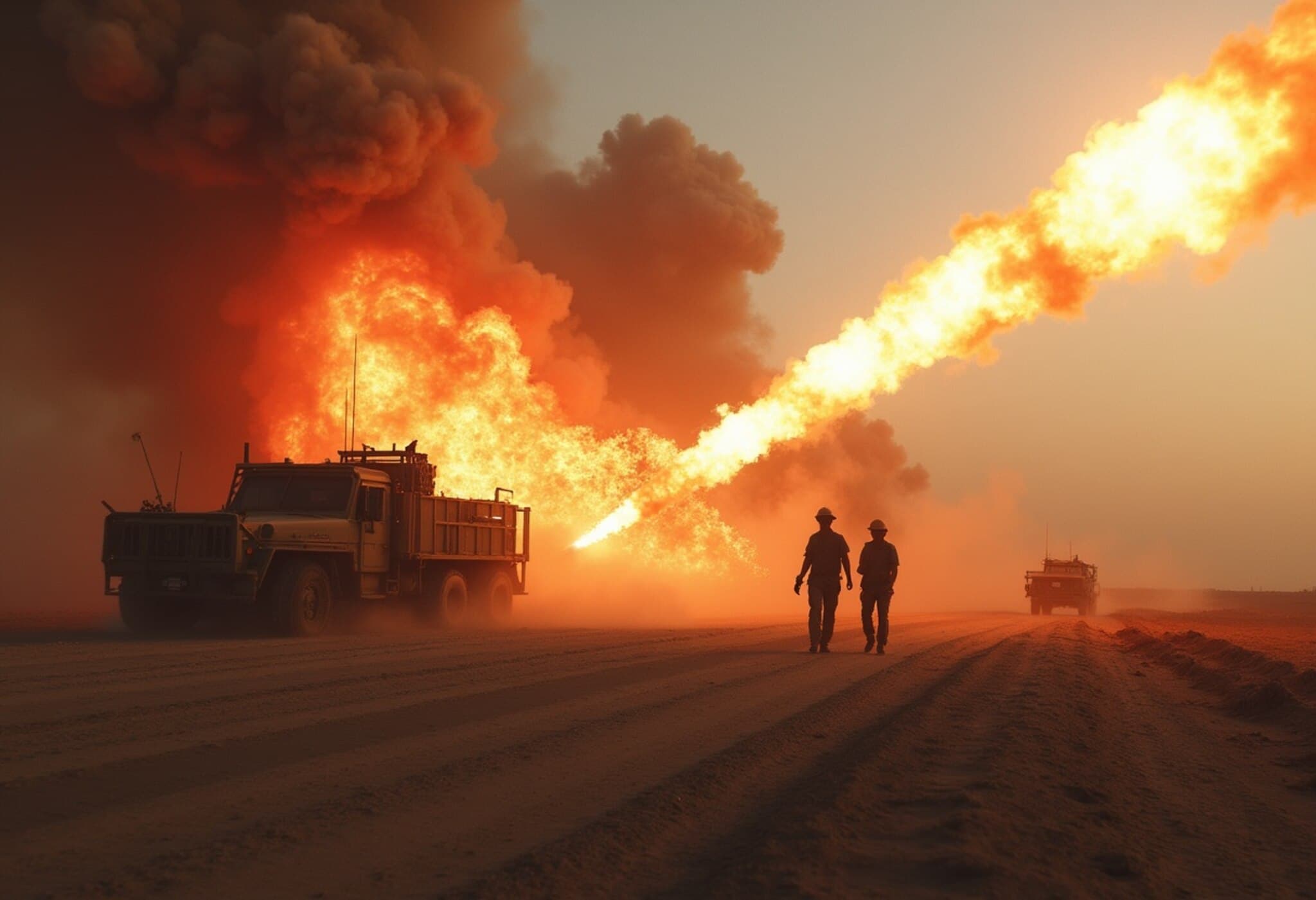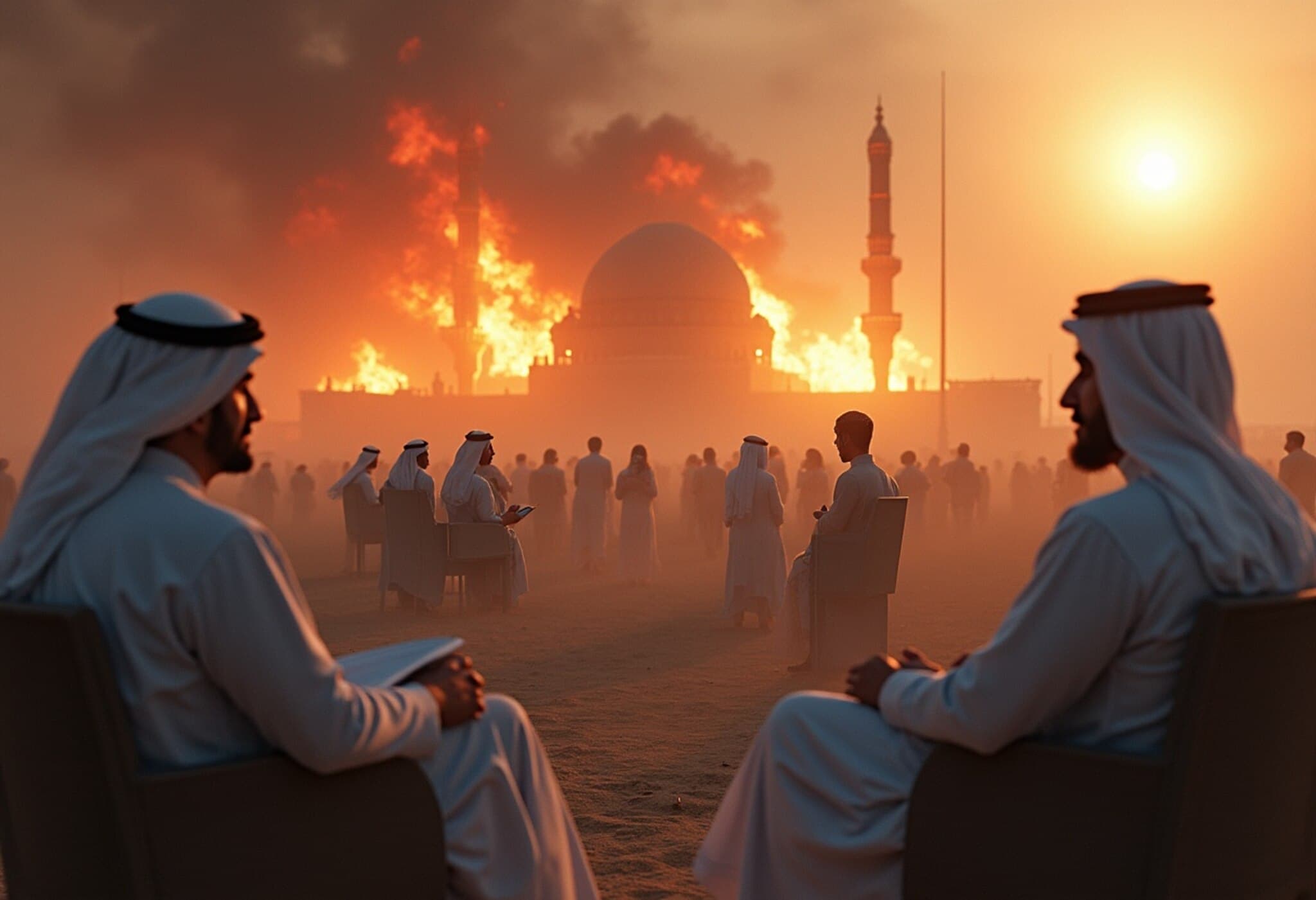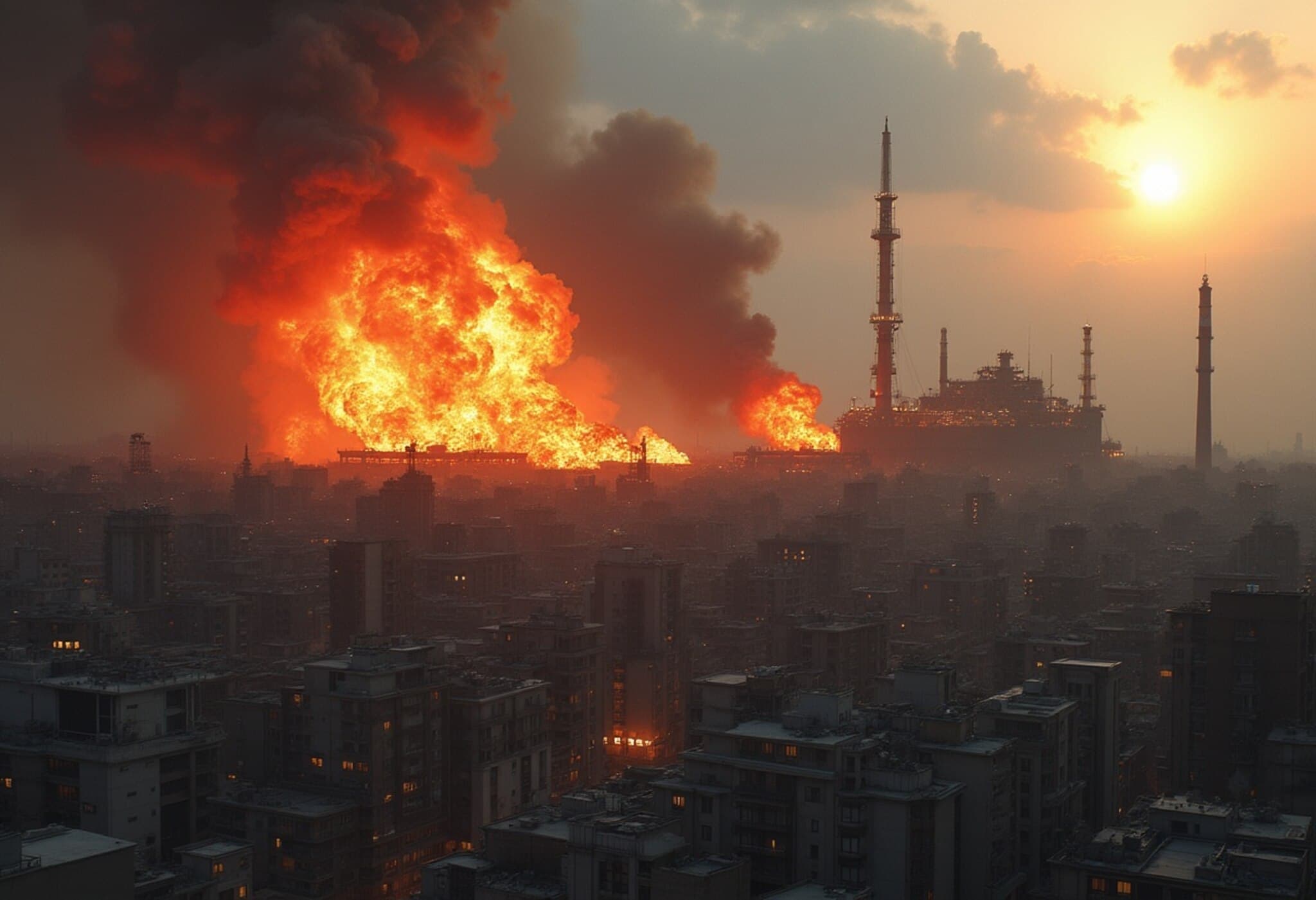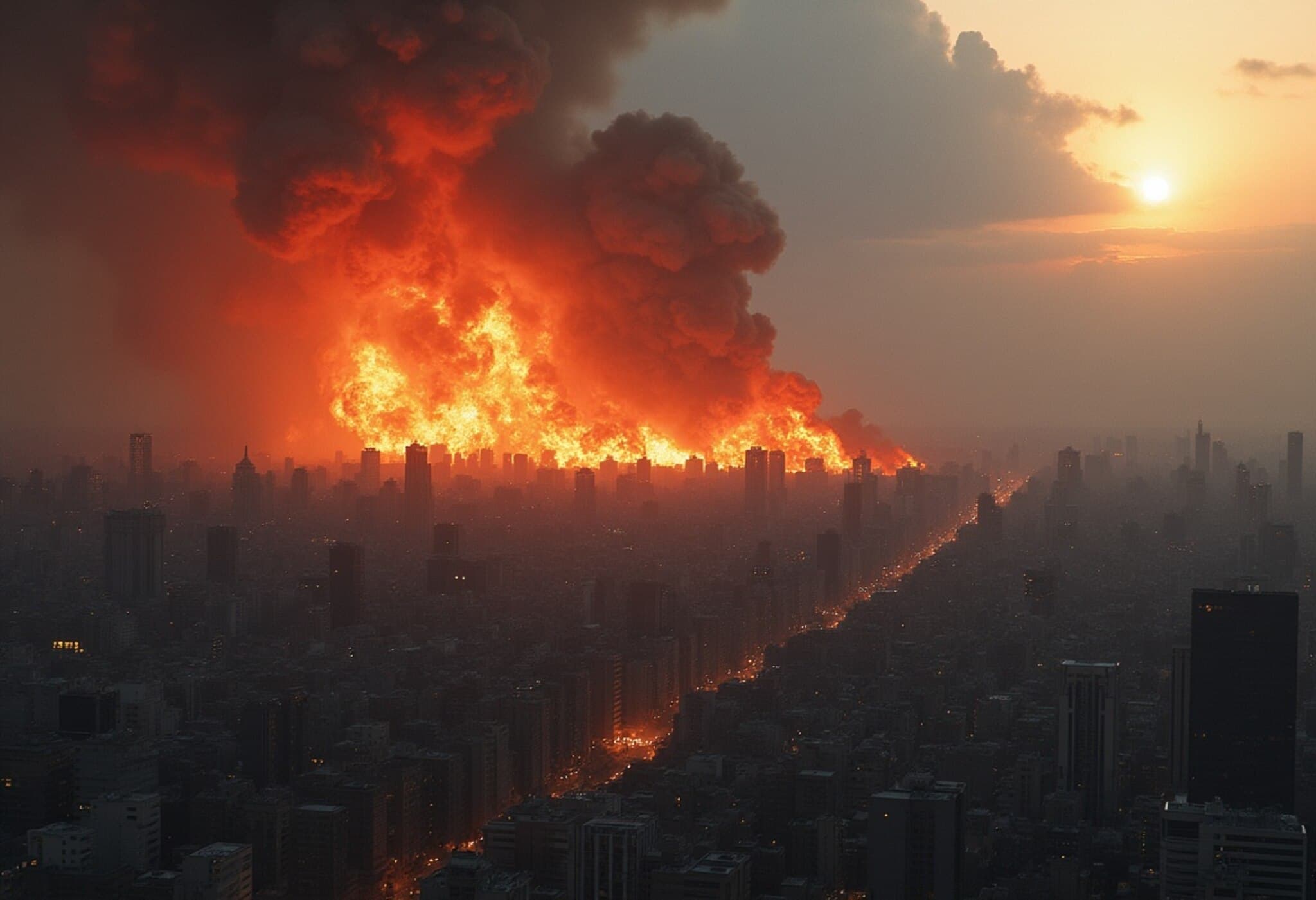Rising Tensions After US Enters Conflict
Following the United States’ recent strike on Iranian nuclear facilities, Tehran has issued a stern warning of severe consequences. An Iranian military spokesperson labeled President Trump a “gambler,” declaring, “You may start this war, but we will be the ones to end it.” The US actions mark a significant escalation, joining Israel in targeting key nuclear sites.
Key Developments in the Israel-Iran Conflict
Iran Defers Retaliation Decisions to Military Command
Iran’s Ambassador to the United Nations emphasized that the country views the US strikes as a breach of sovereignty. Tehran stated its military will determine the timing, nature, and scale of any response, underlining a measured but resolute stance.
Trump Hints at Possible Regime Change
On social media, President Trump suggested that if Iran’s regime fails to “MAKE IRAN GREAT AGAIN,” a regime change might follow. This comment has sparked bipartisan criticism, with lawmakers stressing the need for congressional approval for military actions. Supporters maintain the President acted within his authority to prevent weapons proliferation.
US Officials Clarify Objectives
Vice President JD Vance asserted that the US is not at war with Iran as a whole but is committed to dismantling its nuclear programs. While President Trump claimed the nuclear sites were “totally obliterated,” Vance cautiously noted the program has been “substantially delayed.”
Extent of Damage to Iran’s Nuclear Sites Under Scrutiny
The US and Israel launched coordinated strikes using heavy bunker-buster bombs and Tomahawk missiles targeting facilities at Fordow, Natanz, and Isfahan. Satellite imagery shows surface damage, but experts are still evaluating whether critical underground infrastructure, such as centrifuge halls, was destroyed.
Iran Considers Closing Strait of Hormuz; Oil Prices Surge
Iran’s parliament has approved potential measures to close the Strait of Hormuz, a vital passage for global oil shipments. This threat has pushed Brent crude prices to their highest levels since January, stoking fears of widespread economic disruption.
US Issues Global Travel Warnings
With instability mounting, the US State Department has urged Americans overseas to exercise increased caution. Evacuation flights from Israel have been doubled, and diplomatic personnel are being reduced in volatile regions such as Lebanon and Iraq.
Israeli Leadership Claims Progress
Israel’s Prime Minister announced that the campaign against Iran’s nuclear ambitions is “very, very close” to achieving its objectives, specifically targeting nuclear weapons development and ballistic missile capabilities.
Iran Arrests Suspected Spies Linked to Israel
Iranian authorities have detained over two dozen individuals and executed one man accused of espionage for Israel’s intelligence agency Mossad, highlighting growing internal security concerns amid the conflict.
Diplomatic Moves: Iran Engages Russia
Iran’s Foreign Minister has traveled to Moscow to meet with President Vladimir Putin, signaling possible strategic discussions as tensions escalate.
Human Toll Rises Sharply
Human rights organizations report that Israeli strikes in Iran have resulted in at least 950 fatalities and over 3,450 injuries, including significant numbers of civilians and security personnel.
What Lies Ahead?
As the situation intensifies, the world watches closely. The potential closure of the Strait of Hormuz and mounting casualties underscore the profound stakes of this confrontation. How Tehran and Washington navigate the coming days will shape the trajectory of the Middle East’s fragile peace.


